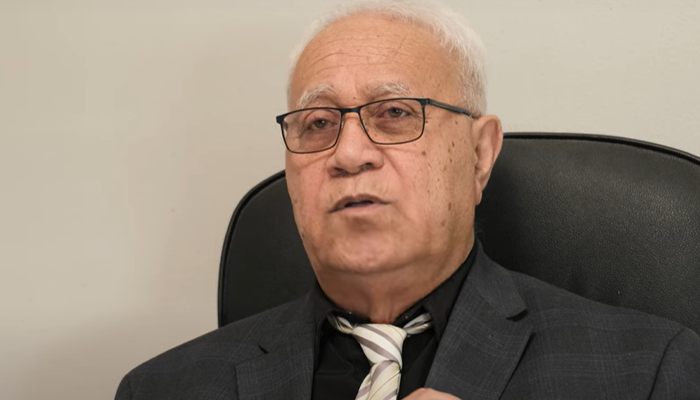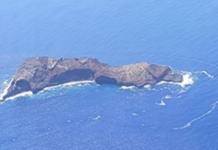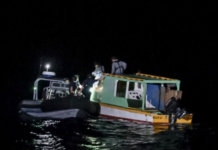An Auckland-based Tongan lawyer has raised concerns about the risks facing Tongan workers under New Zealand’s RSE scheme, following a recent court decision that exposed serious breaches of employment law involving workers from the Solomon Islands.

Three Solomon Islands RSE workers took the Pick Hawke’s Bay company to the Employment Court, claiming that unlawful deductions had been made from their wages.
Their case raised broader questions about how the adult minimum wage applies to workers employed under the RSE scheme. The Court ruled in favour of the workers.
The court found that Pick Hawke’s Bay failed to inform Immigration New Zealand (INZ) about the way it charged accommodation costs and deducted them from workers’ pay.
“The judges also noted that the workers’ accommodation costs were based on costs calculated over 12 months, when they used them for only seven,” Stuff reported.
“They also noted that Pick Hawke’s Bay had not disclosed to INZ that accommodation costs would be calculated this way and be paid (in some cases) to entities associated with Pick Hawke’s Bay.
The three presiding judges found that deductions made from the workers’ wages for various items, including personal protective equipment, were unlawful.
Additionally, the Pick Hawke’s Bay company retained the workers’ passports, which was a violation of New Zealand law.
Wake-Up Call for Tonga
While the case did not involve Tongan workers directly, Tongan lawyer Nalesoni Tupou warned that similar practices could affect Tongans participating in the scheme.
He urged Tongan authorities and communities to be vigilant and proactive in protecting the RSE workers’ rights.
“It is a pity to see our people are treated like that,” Tupou said in Tongan.
He also encouraged Tongan workers who may have experienced similar issues to come and seek legal action.
Spiritual and Sexual Targeting
His concerns come after Tongan RSE workers were identified in reports early this year as one of the Pacific groups vulnerable to strategic exploitation, where both church ministers and sex workers have reportedly targeted them in isolated environments.
These circumstances make it difficult for workers to resist offers that prey on their loneliness and the immediate availability of their wages, according to a Stuff report.
The report stated that sex workers approached RSE workers on payday by loitering near ATM machines. It also alleged that some of the sex workers were linked to gangs that coordinated the services.
As reported by Kaniva News and other media at the time, a Tongan RSE worker was deported for breaching employment conditions in New Zealand.
The worker missed three consecutive days of work while staying at a property in Motueka on January 22 with a sex worker — a clear breach of his visa conditions, which require him to remain at his designated workplace, the Stuff report said.
The employer later alerted Immigration NZ and police, leading to the man’s location at the woman’s residence, his arrest, and subsequent deportation to Tonga.
It has previously been reported that, over the past year, several church ministers arrived at the Bay, establishing makeshift “churches” in rented halls or garages near RSE workplaces where no formal congregation exists.
They reportedly request weekly tithes from workers, with one minister even turning up at orchards on pay day to collect money directly from the men.







